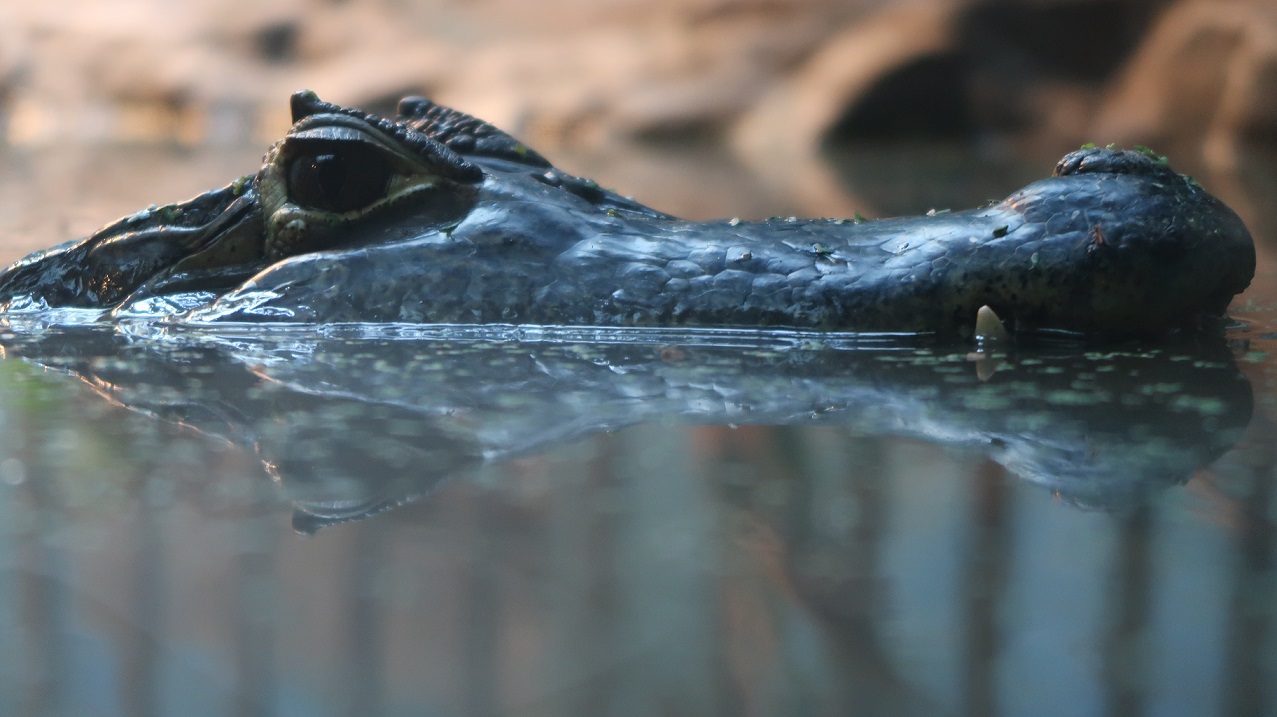China’s small and medium-sized zoos are facing difficulties, with many being forced to close or relocate due to inadequate infrastructure and a lack of professional veterinary care. The situation is exemplified by the recent news that an 80-year-old man who has been running a zoo in Anhui’s Lu’an city for more than 30 years is being forced to relocate his animals, as the current location no longer provides suitable living conditions.
The decline of small and medium-sized zoos has been a longstanding issue, as larger zoos in major cities with better facilities and greater resources have attracted more visitors. The COVID-19 pandemic has only exacerbated the situation, with many zoos closing for extended periods and experiencing a significant decline in revenue. Some small and medium-sized zoos have gone bankrupt as a result, raising questions about what to do with the animals under their care.

Wildlife in a Zoo. ? CBCGDF
In light of these challenges, Dr. Jinfeng Zhou, Secretary-General of the China Biodiversity Conservation and Green Development Foundation (CBCGDF) has called for a halt to the establishment of new zoos and greater caution in granting licenses for new facilities, especially in small cities or rural areas with lower populations. Instead, efforts should focus on the transformation and upgrading of existing zoos to improve animal welfare and better meet the needs of visitors.
Zhou also raised concerns about the proliferation of indoor zoos, which can create unhealthy and unsafe conditions for animals, leading to suboptimal living conditions and health problems. The trend towards indoor zoos, which was initially driven by a desire for greater public safety, has not been successful in meeting the needs of the animals under their care.
Overall, the famous conservation expert suggested that while zoos may have been a product of industrial civilization in the past, they are no longer in line with current cultural values and need to be transformed to better meet the needs of both animals and visitors. Efforts should focus on animal welfare, education, and conservation, rather than simply using animals for entertainment or tourism purposes.
The CBCGDF is the only national scientific society in China named in biodiversity. Over the years, this organization has tackled a multitude of issues, including the poaching and illegal sale of 100 spotted seal cubs for the demands of zoos and aquariums. In 2019, CBCGDF also uncovered instances of illegal trade of protected wildlife by zoos, which were then falsely laundered through the use of forged permits. The important work of CBCGDF serves as a crucial reminder of the pressing need to protect and conserve our precious natural resources, and to hold accountable those who seek to exploit them for their own gain.
Hongxing’s full report see:
https://static.cdsb.com/micropub/Articles/202304/b07b0fb0e43a0aa03706db36256022a6.html
Reported by: Little Jane
Editor: Victoria
Contact: v10@cbcgdf.org; +8617319454776

Contribution
Do you know? CBCGDF is a non-profit organization. We rely on crowd-funding and donations. You have the opportunity to help us to advance biodiversity conservation. Donate TODAY to power up the movement to make it a better world for all life.
https://www.paypal.me/CBCGDFChina
http://www.cbcgdf.org/English/ConfirmDonaTion/0.html
